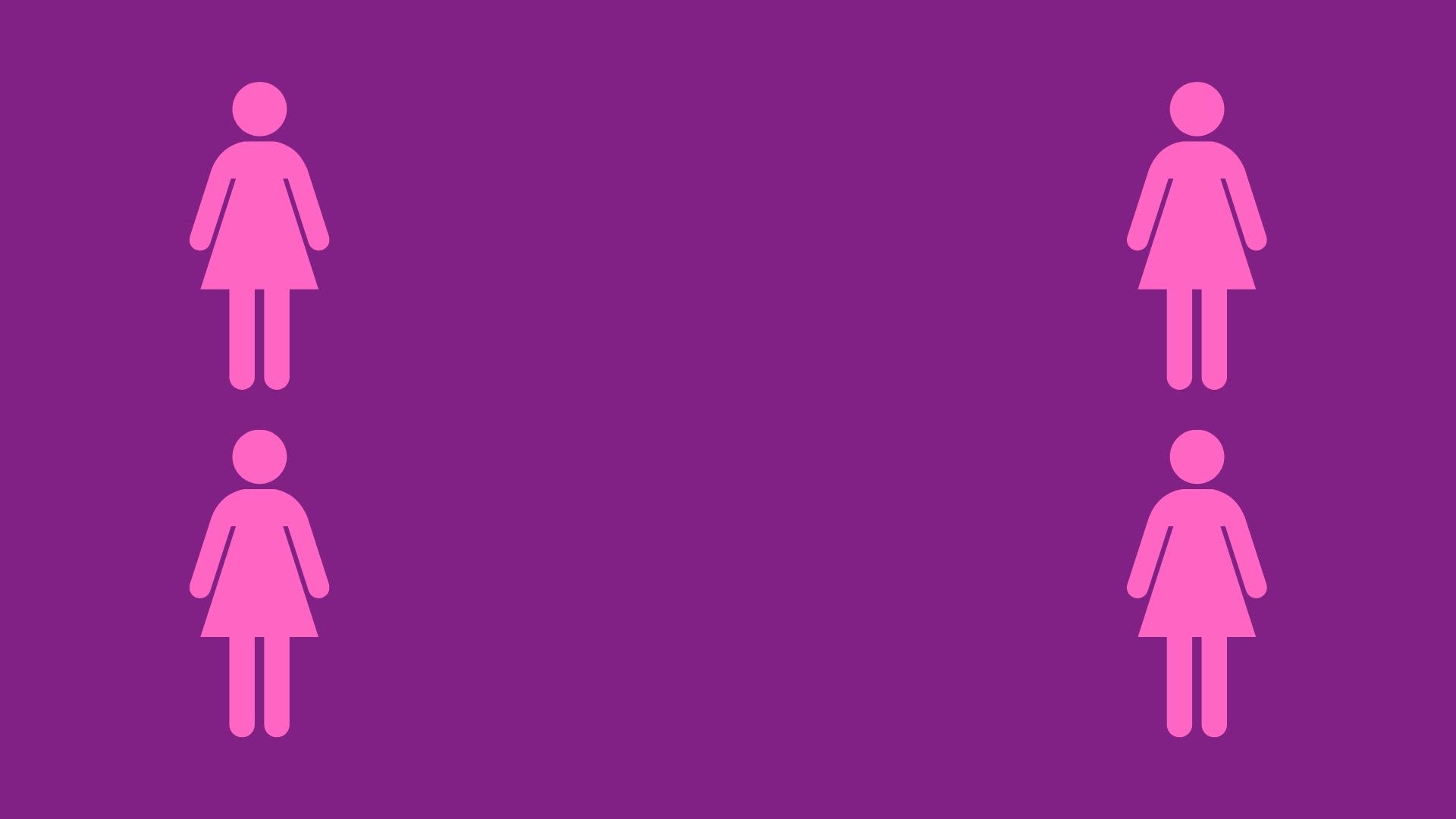Will the streets of London be safe for women?
Sarah Everard's murder continues to shake the nation, confidence in police has plummeted and 40% of women feel less safe since the start of Covid-19.
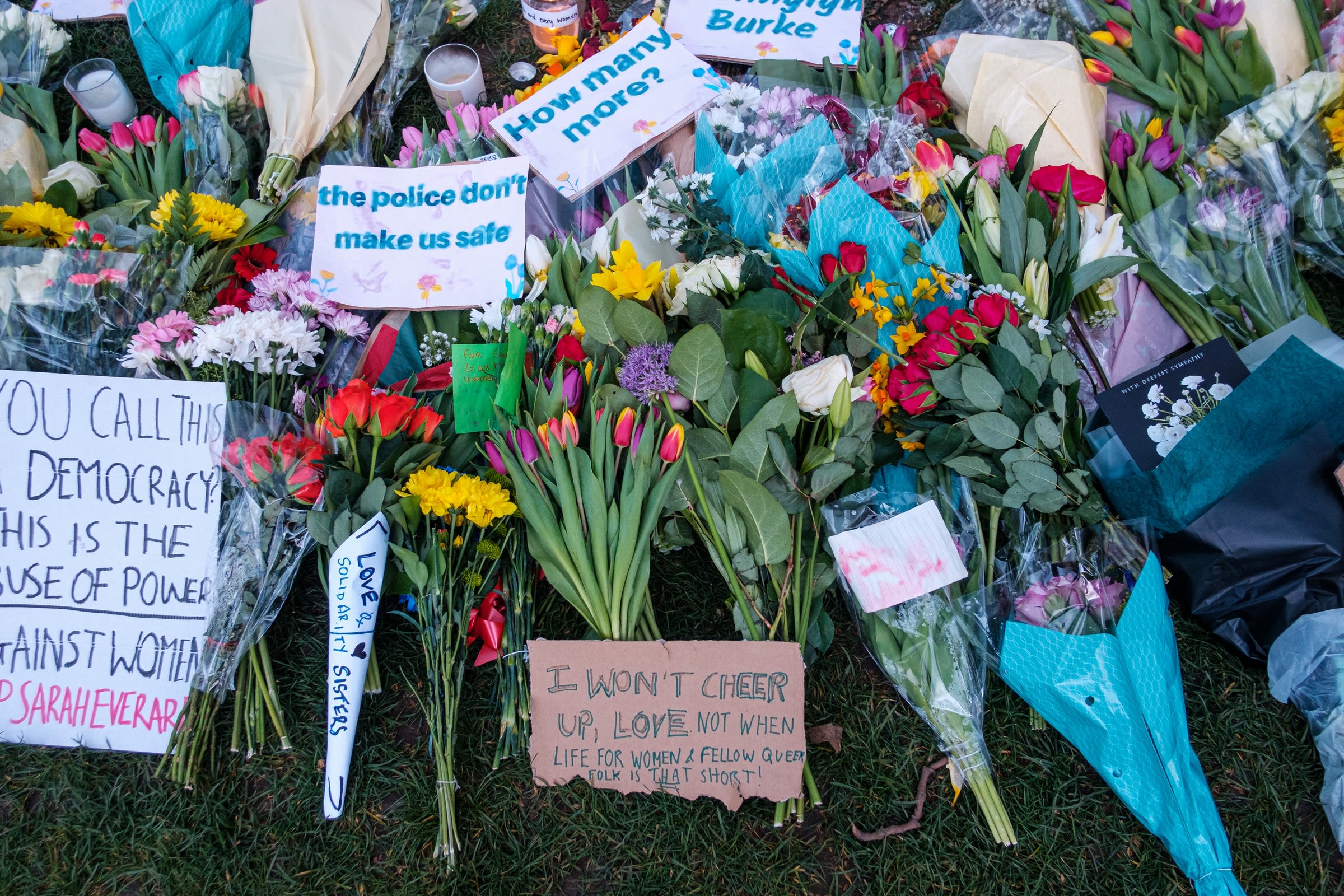
Britain in crisis
The tragic death of Sarah Everard, 33, brought violence against women to the forefront of everyone’s mind in March.
As she was walking home from a friends house at 9pm on 3 March in Clapham, police officer Wayne Couzens, 48, arrested her under the guise of lockdown laws.
He then abducted, raped and killed Sarah.
Sarah Everard's remains was found on 10 March, just one day after police arrested Couzens.
Couzens was sent to prison for life in October this year, but his abuse of power continues to send shockwaves through the nation and many women asking if they are ever safe.
In a recent UN report for the International Day for the Elimination of Violence against Women, 40% of women said they felt less safe walking alone at night since the pandemic began.
Violence against women is now a national policing priority in the UK, after months of national outcry and rape convictions reaching their lowest levels yet.
The UN has organised 16 days of activism dedicated to ending gender based violence starting on 25 November and ending 10 December.
The #16Days of Activism kicks off on 25 November, International Day to End Violence against Women, and runs until 10 December, Human Rights Day.
— UN Women 🧡 (@UN_Women) November 16, 2021
Change your cover photo to orange 🧡 to show that you stand against gender-based violence. Let’s #OrangeTheWorld!
👇Use this banner👇 pic.twitter.com/kzkJcJBzcJ
🔴 Women lose trust in the police
— i newspaper (@theipaper) November 20, 2021
Almost half of women trust the police less since off-duty officer Wayne Couzens murdered Sarah Everard. https://t.co/ku7gKm2Fpb pic.twitter.com/TQNnFhLTOg
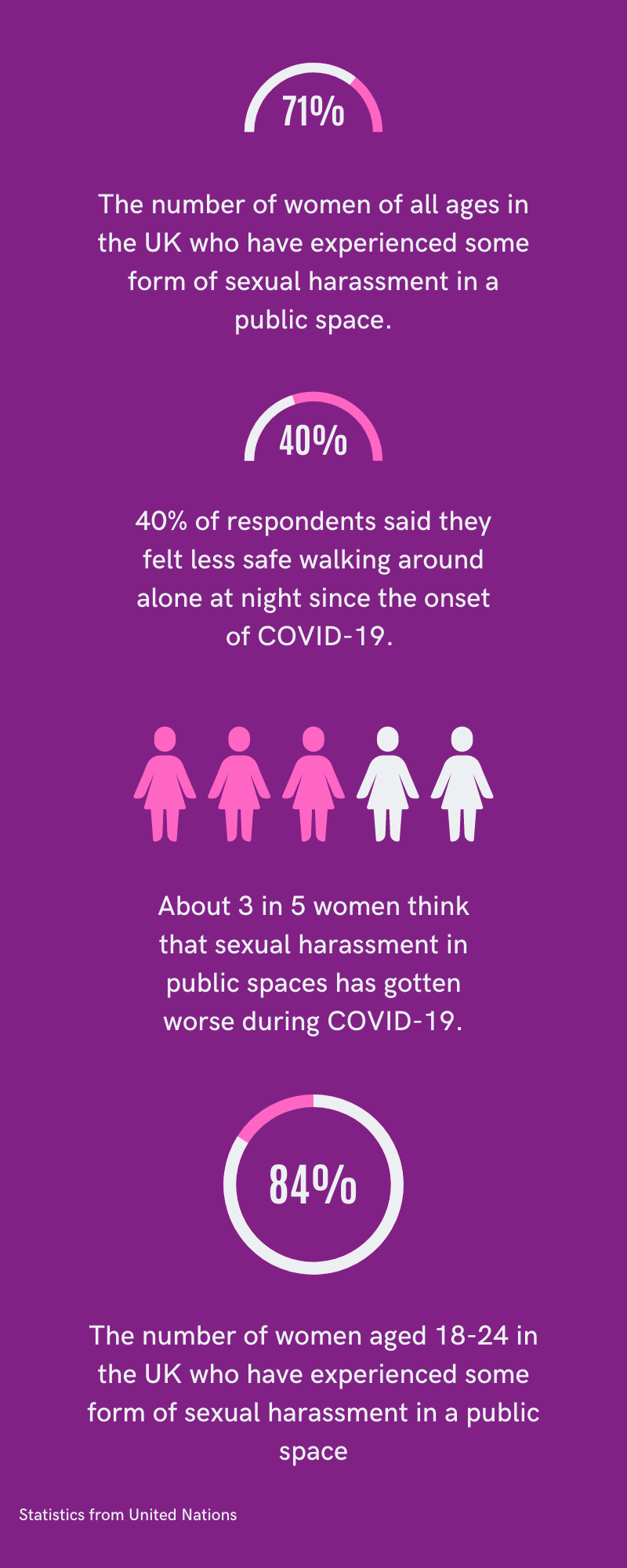
Georgina Harris, 53, has lived in Clapham for over 30 years.
She described how Sarah Everard's death impacted women in the community.
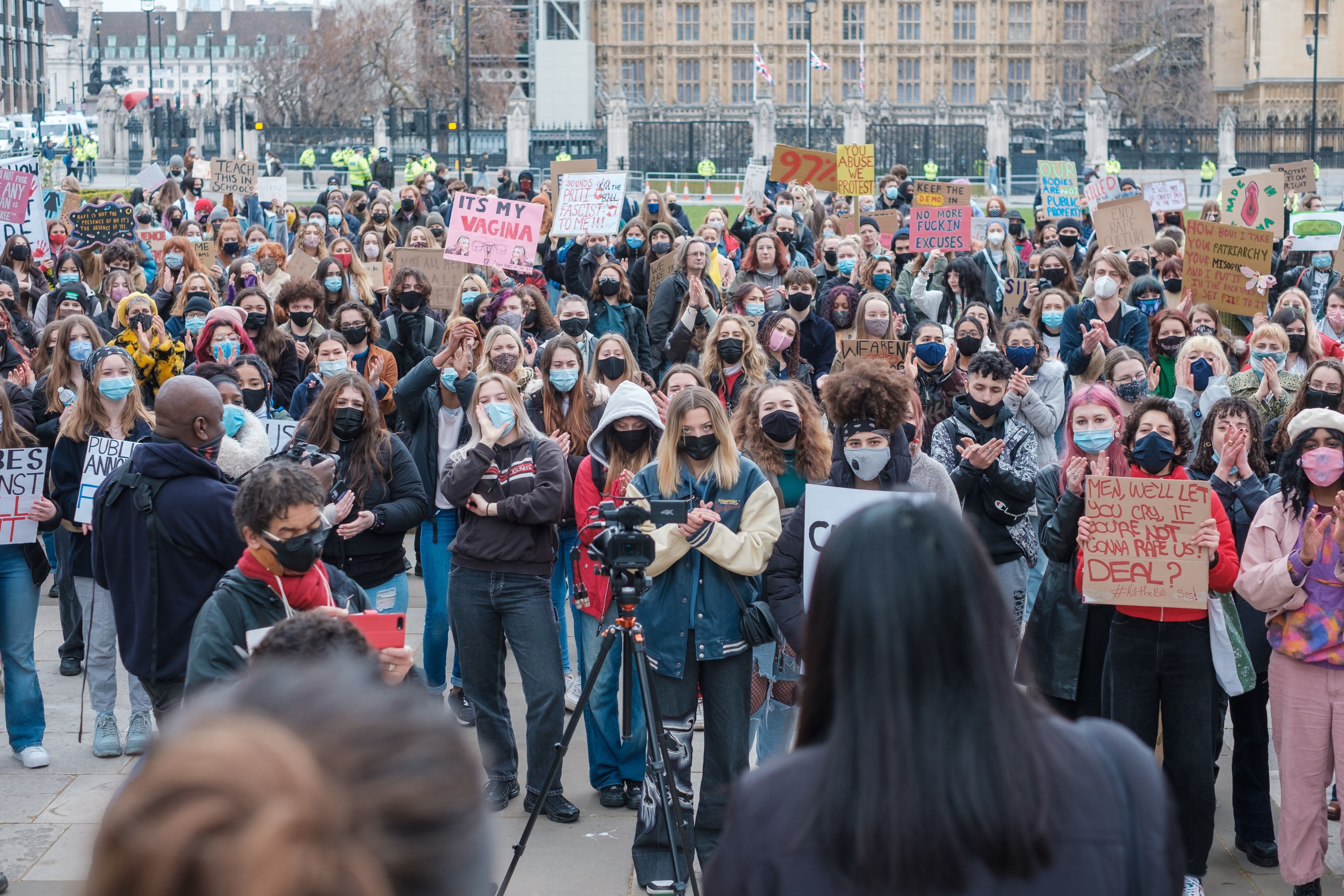
Georgina said: “One of the things that struck me most about the past year, since Sarah Everard was murdered was that instead of saying goodbye, women in south London say keep safe.”
She went on to explain that she used a local app to buy plant pots, and realised many of the people selling stuff were women living on Cavendish Road, where Sarah was abducted, and they were all leaving.
Georgina cannot see how police have improved women’s safety in the area, and that women are taking extra precautions by walking each other home and upping personal security in their properties.
She added: “The longer-term implications for women around here is that you’re in more danger from the police than the local car thief."
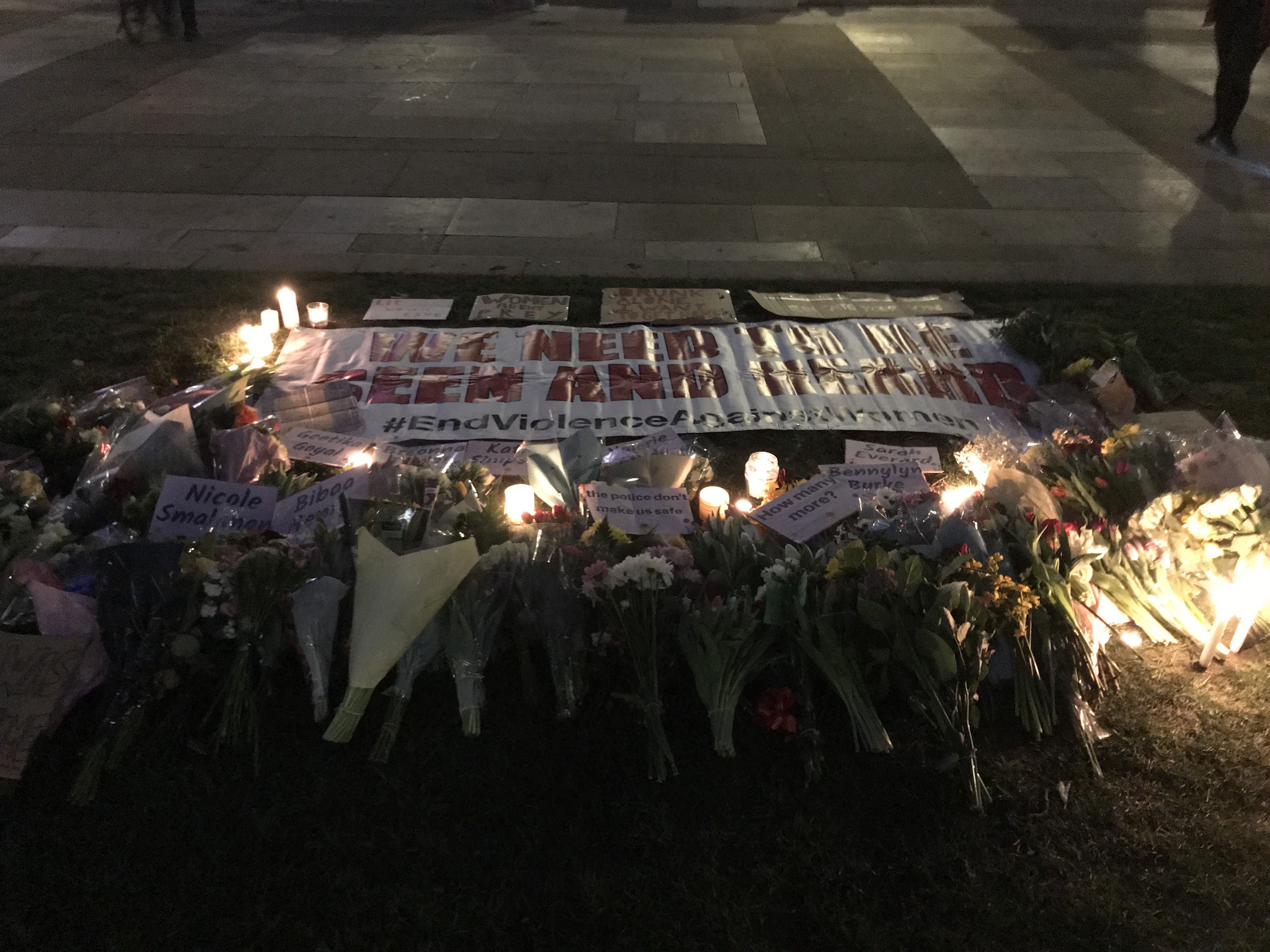
Flowers left for all the women killed in 2021 at the Kill the Bill protest in April 2021
Flowers left for all the women killed in 2021 at the Kill the Bill protest in April 2021
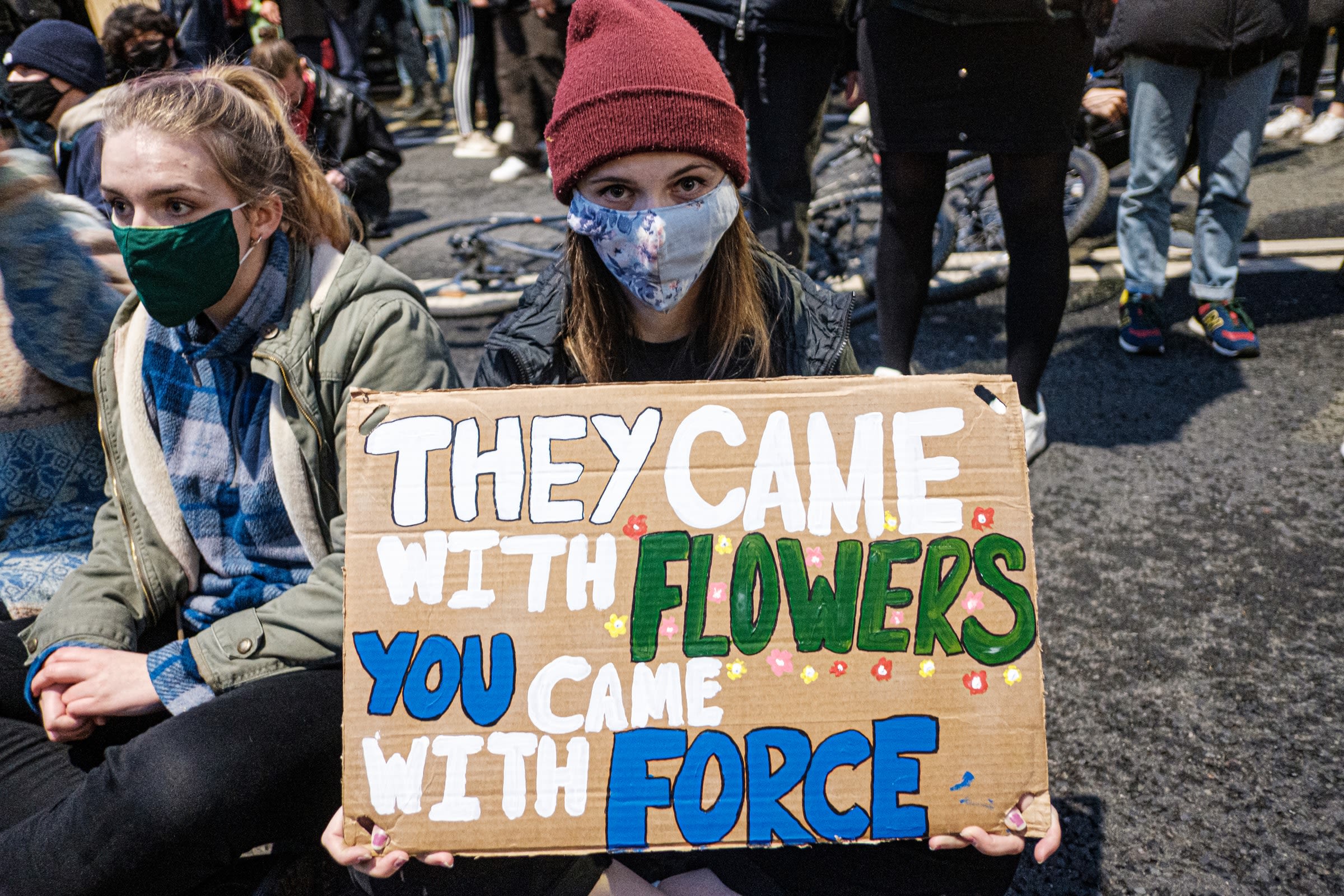
Women came out to express their anger at the Met police's response to the vigil held for Sarah Everard
Women came out to express their anger at the Met police's response to the vigil held for Sarah Everard
“I was unsurprised and unimpressed by the polices response, but there is a glimmer of hope, there is a slow dawning that everybody needs to act to stop violence against women.” Georgina Harris
Met police officers were met with anger after they arrested women at a peaceful vigil held for Sarah Everard In Clapham Common after her death.
Officers are out in London working with @BTP and @CityPolice. 🚌🚆🚕
— Metropolitan Police (@metpoliceuk) November 26, 2021
We know that women & girls are often disproportionately targeted with unwanted sexual behaviour on London’s Transport Networks.
This is part of our commitment to ensuring everyone feels safe when travelling. pic.twitter.com/GK5Q3l84Yp
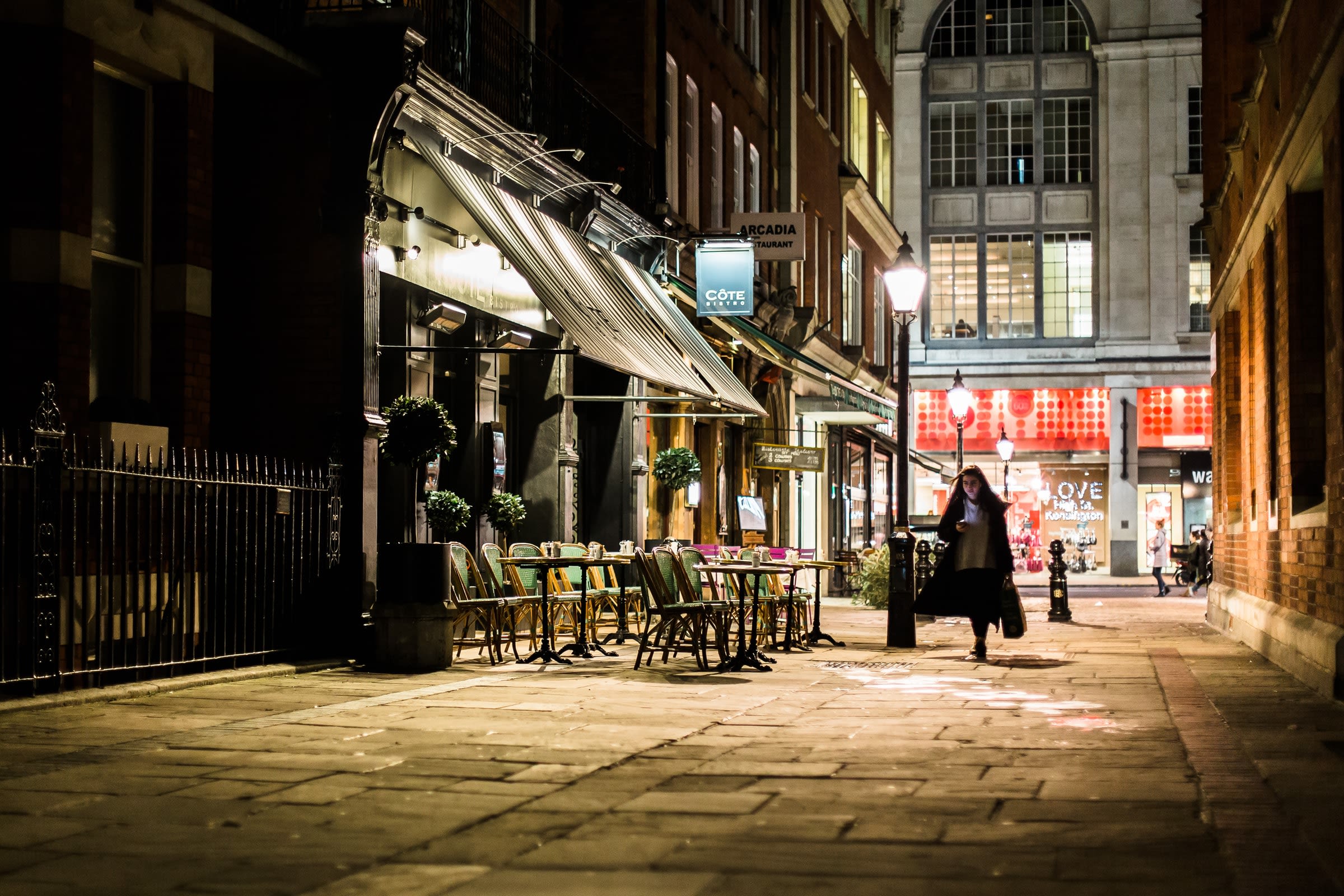
The Metropolitan Police's Plan
How the Met plans to tackle violence against women and girls in London
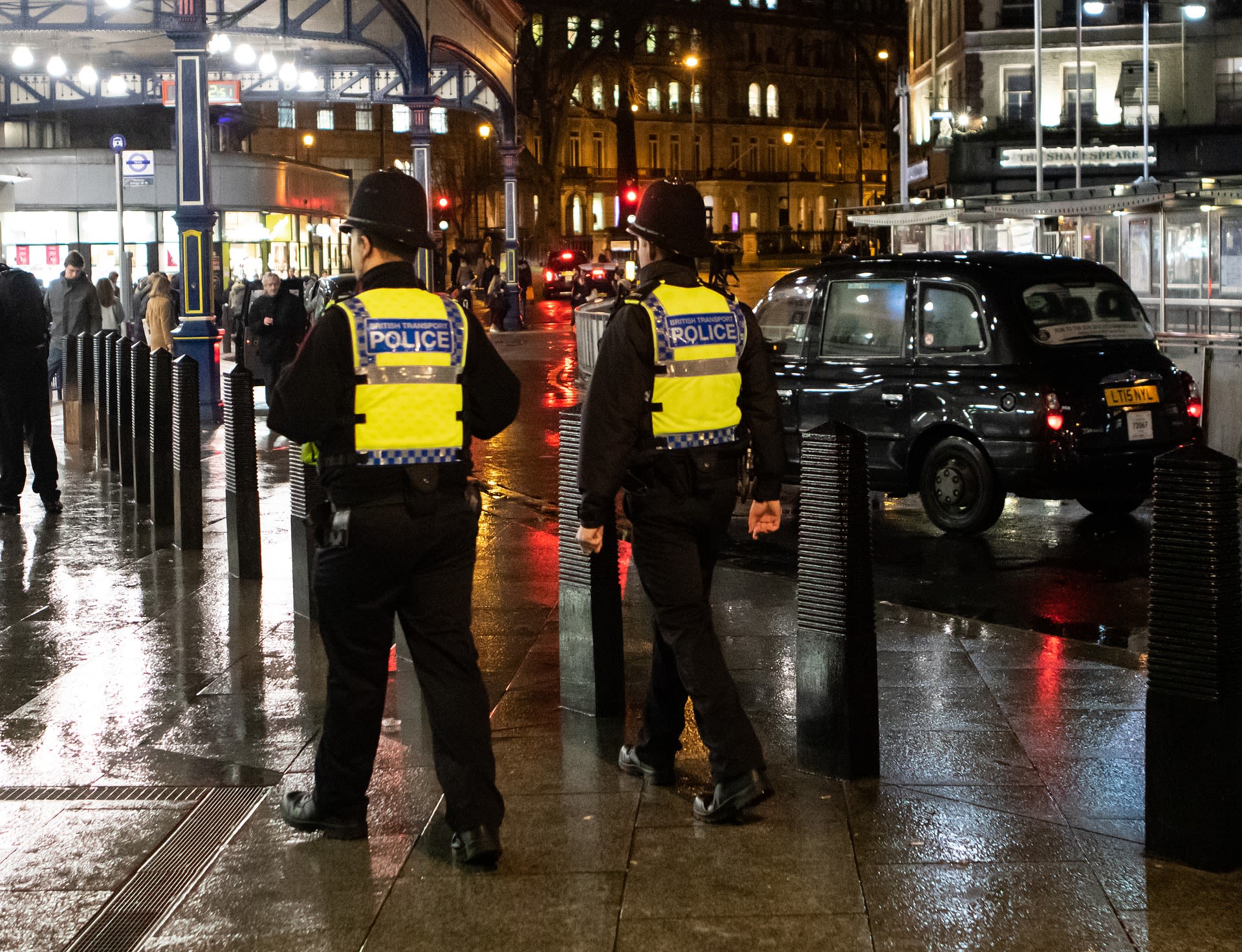
The Action Plan
The Met Police launched an action plan to tackle violence against women and girls and say they aim to: increase the number of convictions of offenders, improve victim care, increase women’s confidence in the police and tackle sexual misconduct and domestic violence by officers and staff.
Some have argued one way to improve women’s confidence in police is to increase levels of female staff as currently only three in ten Met employees are women.
The Met are trialling Project Vigilant in Lambeth and Southwark, where plain-clothed and uniformed officers are being deployed at night-time.
They are also continuing the safety campaign Ask for Angela, and the Walk and Talk initiative where women can join officers on patrol and discuss what needs to change.
Are you out in the City for the first time, or meeting someone new?
— City of London Police (@CityPolice) November 5, 2021
If you find yourself in an uncomfortable situation and you see a poster in a bar or club in the #SquareMile you can #AskforAngela and trained staff will help you.
Always call the police in an emergency pic.twitter.com/pFvLo9g0le
Commissioner Cressida Dick, said: “Our officers are working tirelessly to combat violence perpetrated by men against women and to improve and rebuild confidence in the Met.
“However, we know there is much more we need and must to do to ensure women are safe and feel safe in London."
The UK Government’s end to end rape review found that rape conviction during 2019-2020 in the UK were at their lowest ever, just 2% of 57,000 reported rapes ending in convictions.
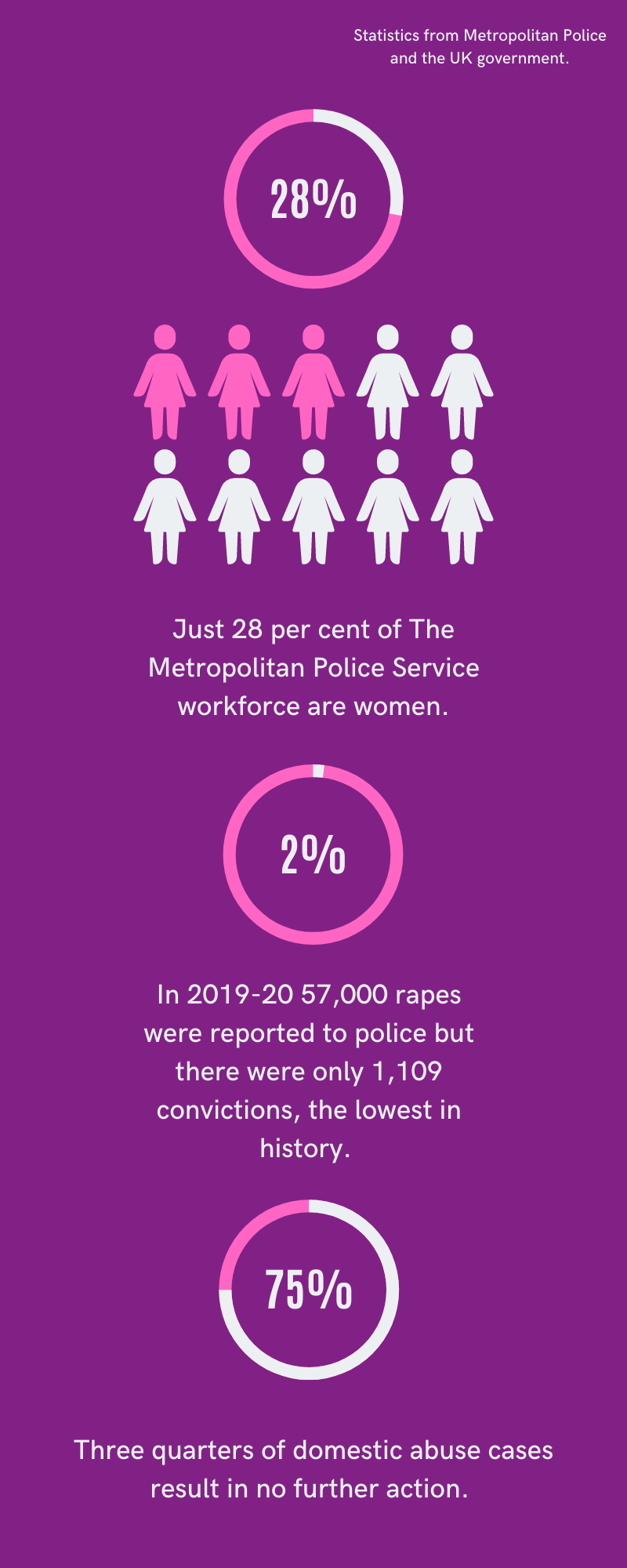
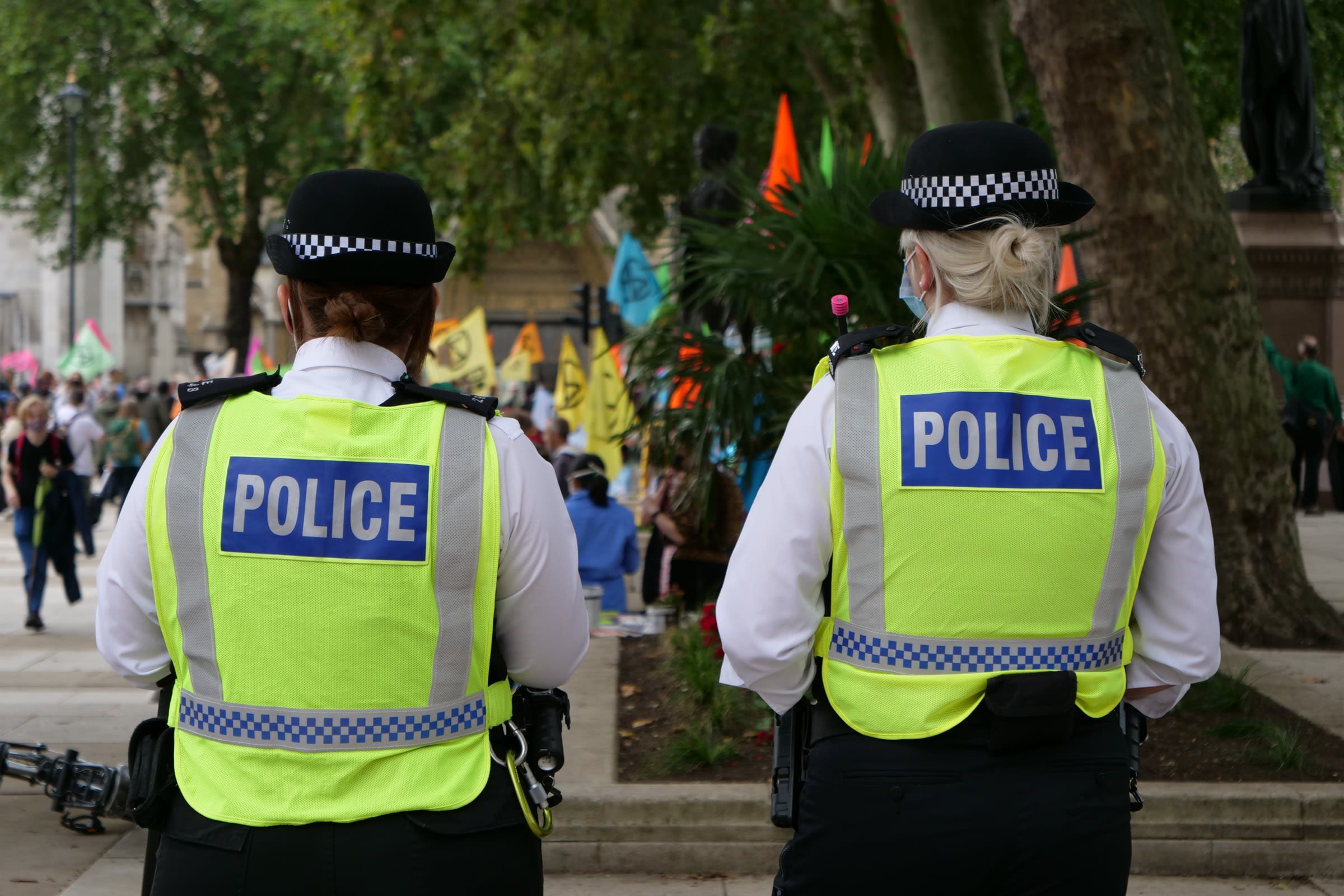
Met police are aware they must re-build confidence and trust with young women in London
Met police are aware they must re-build confidence and trust with young women in London
Covid's Impact on Victims
Lockdown not only put a strain on specialist services, but it also increased the number of women going through domestic violence.
Between April and June 2020, there was a 65% increase in calls to the National Domestic Abuse Helpline when compared to the previous year.
It is thought that Wayne Couzens may have abused his Covid-19 lockdown power rules to lure Sarah Everard into his car.
Rape Crisis works with Rape Crisis Centres across England and Wales to provide specialist service for victims and to spread awareness on sexual violence.
This year, 74,995 individuals accessed their services, an increase of 14% from the previous year.
Many victims needed additional support throughout the year due to the stress and isolation brought on by Covid-19 and Rape Crisis fear that unless they are given proper funding from Government the number of people waiting to access service will only grow.
The graph shows the increase in number of women & girls on waiting lists for services in England and Wales.
Rape Crisis CEO Jayne Butler said: “The demand for services is now far exceeding the funding available.
“There are currently 10,000 victims and survivors on Rape Crisis waiting lists, with this number likely to grow as emergency funding is set to stop at the end of the financial year.
“Sexual violence has become so normalised that people barely recognise when it has taken place.
“There needs to be robust challenges to rape culture, more information on healthy relationships and consent, and focus given to shifting harmful ideologies.”
Across the country tonight women will march to #ReclaimTheNight. Women shouldn't have to change our behaviour because of male violence. These streets are our streets. ✊🏽 #16days pic.twitter.com/9k97AEGb3g
— Rape Crisis England & Wales (@RapeCrisisEandW) November 27, 2021
Women rightly refused to listen to the Met Police when they urged women not to go out alone while Sarah Everard's disappearance was being investigated, but some women have looked at ways they can defend themselves.
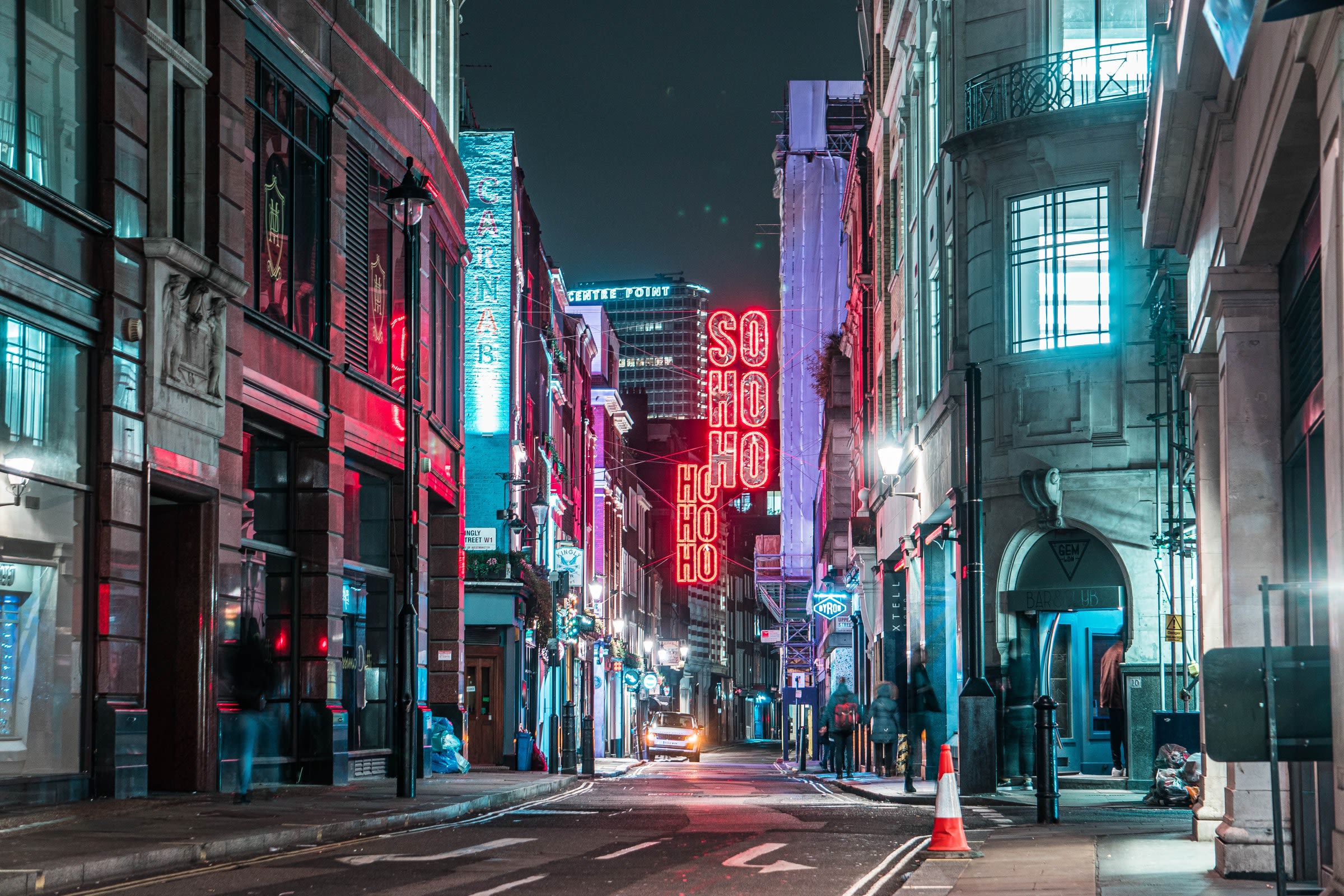
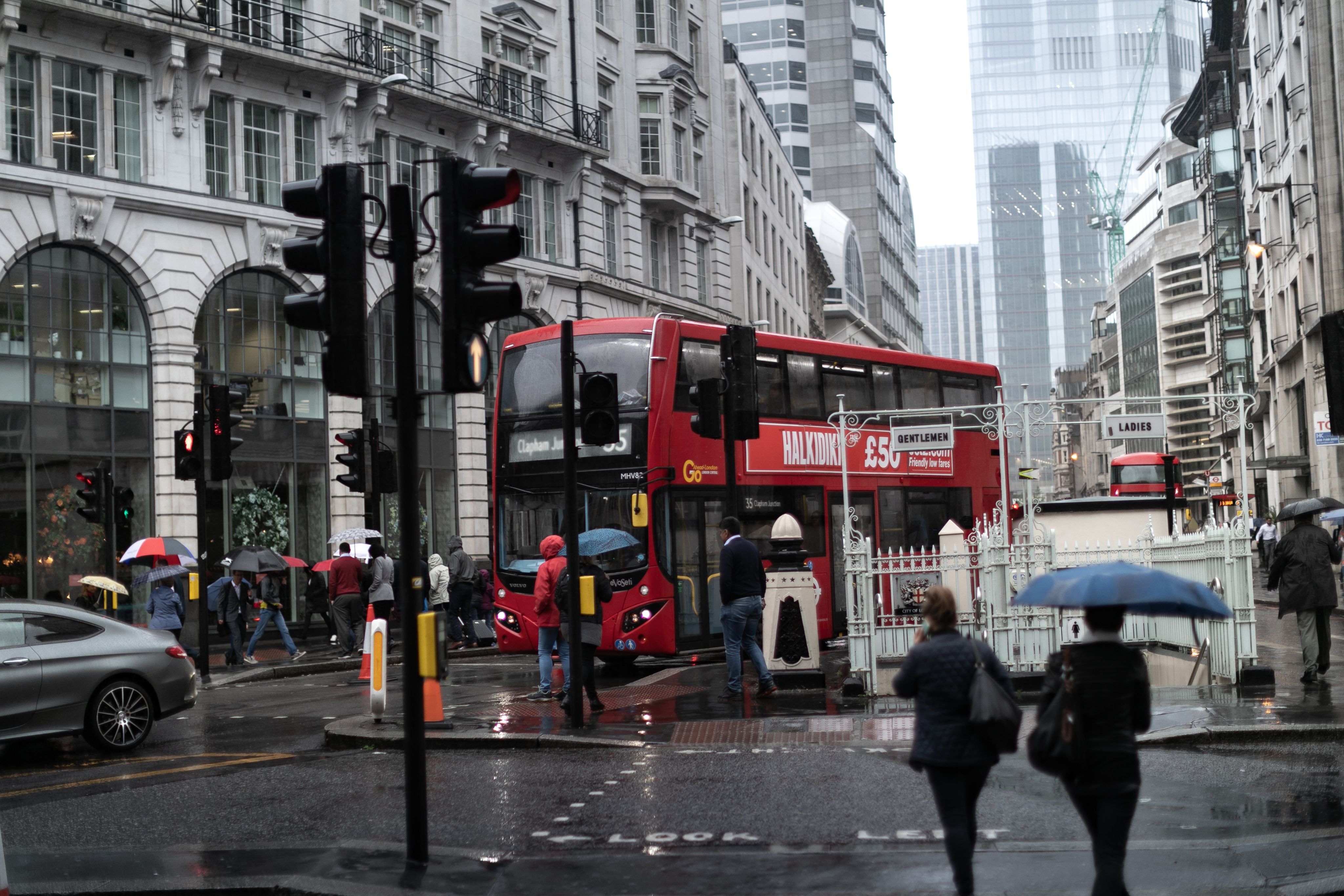
Taking it into your own hands
Anastasia Robinson, created IGOTYOUGIRL safety keychains in January 2021 and has seen an increase in the number of keychains sold since Sarah Everard’s murder.
She said: “We have seen a massive rise in the number of keychains being purchased by women and we are barely able to keep them in stock.
"Customers have said they don't want to leave their house until the keychain arrives."
Anastasia started her company because of her own experience of years of sexual harassment and violence whilst living in London.
Anastasia, 18, explained: “By the age of 15 I had been followed home by a man, had rocks thrown at my head for curving men whilst shopping in Westfield’s and as the years went on nothing changed.”
Guardian Angel Chains was also created earlier this year by Anna Carp, 19 and she agreed demand has increased since Sarah Everard was murdered.
She explained: “The keychains are becoming popular in the UK with students and young women purchasing them for themselves and mothers purchasing for their daughters.
"It doesn’t guarantee 100% safety but women do feel more comfortable."
UK laws are stricter than the US in terms of what self-defence tools people can carry but Anastasia discovered three UK legal tools she thinks everyone should have that are included in her keychains.
These include; Farbgel Spray, Safety Alarm and a Window Bolt Breaker.
“In an ideal world, these keychains would be unnecessary and a waste of handbag space but it’s better to be safe than sorry.”
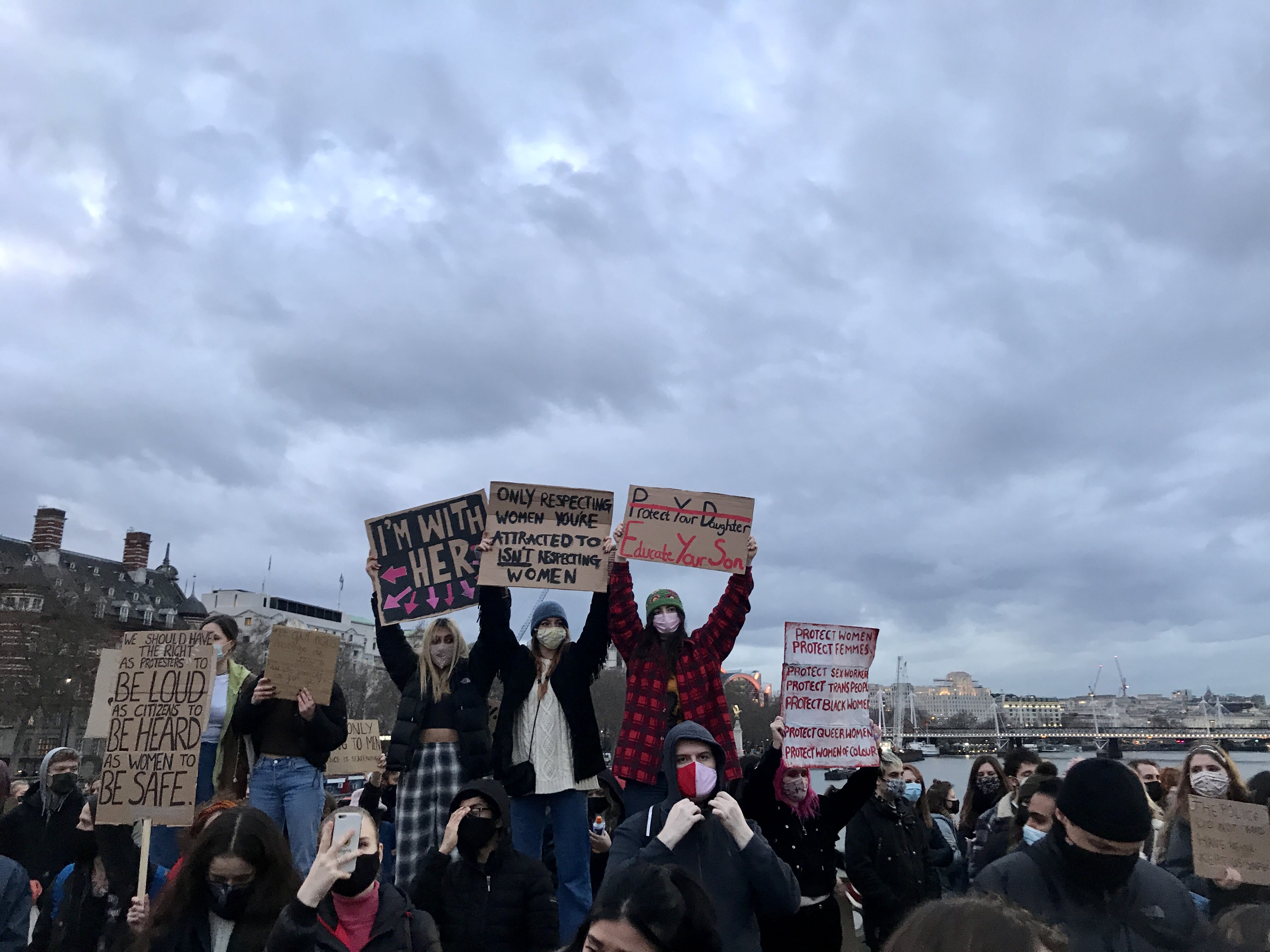
Women showed their anger at the Met's response to Sarah Everard's vigil at the Kill the Bill protest in April 2021
Women showed their anger at the Met's response to Sarah Everard's vigil at the Kill the Bill protest in April 2021
